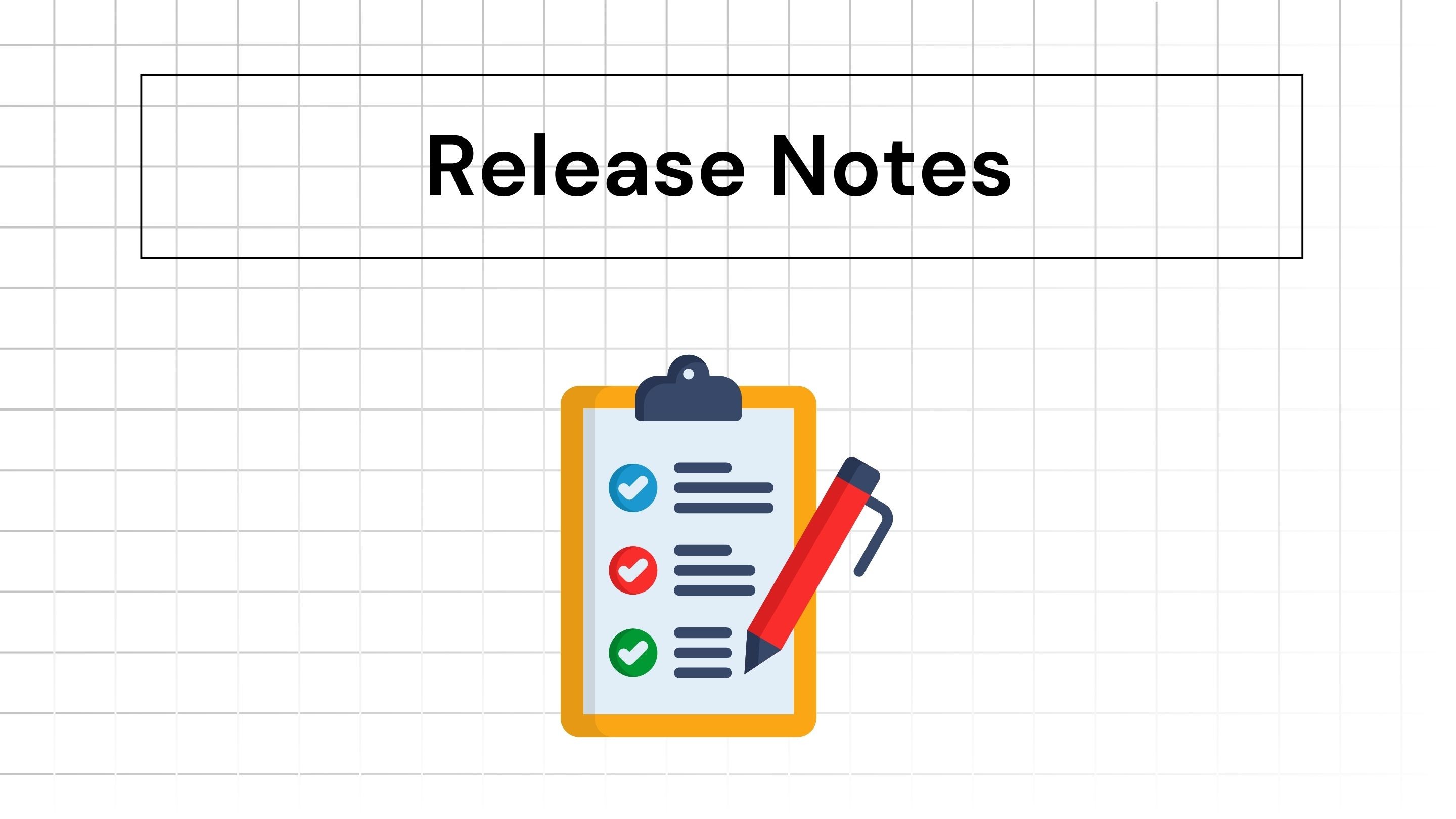
Iterate AI
Jan 16, 2025
Whether you’re rolling out a minor bug fix or a major feature update, comprehensive release notes tell your audience what this release gives them. It tells your audience what’s new, improved, or resolved.
You don’t have to worry too much about a structure. Different companies do it differently. The only thing that matters is consistency. Do it for all releases in the same structure. This blog gives you a template for you to save time and use it for all releases.
Why Write Release Notes
User engagement: Keeps your users informed about updates and improvements, encouraging continued use of your product.
Transparency: Builds trust by showing users that you’re actively improving the product.
Internal reference: Serves as a record for team members to track what changes were made and when.
What To Include in Release Notes? How To Write It?
Here are a few things to include in your release notes:
Title and Version Number
Example: Version 2.3.1 - Bug Fix Update
Include the version number and a brief, descriptive title to inform users about the update’s purpose.
Release Date
Clearly specify when the update is being rolled out. Use the same format for all your release notes.
Overview
Provide a short summary of the update. Highlight the key changes in one or two sentences.
Example: This release includes performance enhancements, minor bug fixes, and a new search feature to improve user experience.
What’s New
Add regarding the new additions made to this version
Features: Detail new functionalities added to the product.
Improvements: Highlight enhancements made to existing features.
Bug Fixes
List resolved bug issues and add a description briefly for them.
Example: Fixed an issue causing app crashes on Android 13.
Known Issues (Optional)
If there are existing problems that you’re actively working on mention them.
Call-to-Action (CTA)
If users can access your new updates upon updating, encourage users to update with a CTA.
Example: Update your app now to explore these new features!
Contact Information
Provide support details such as email ID or links to your solution articles to help users with questions.
Tips for Writing Effective Release Notes
Use simple language and avoid technical jargon unless necessary.
Bullet points make the information easier to scan.
Align the tone with your brand’s voice—whether it’s professional, friendly, or playful.
Focus on how the changes benefit users, rather than the technical details.
Screenshots, GIFs, or short videos can help demonstrate new features.
Sample Release Notes Template
[Product Name] Release Notes
Version: [Version Number]
Release Date: [Date]
Overview:
[Provide a brief summary of the release.]
What’s New:
Feature 1: [Description]
Feature 2: [Description]
Improvements:
Improvement 1: [Description]
Improvement 2: [Description]
Bug Fixes:
Fixed [Issue Description].
Resolved [Issue Description].
Known Issues: (Optional)
[Issue Description and ETA for resolution.]
Call-to-Action:
[Encourage users to update or provide feedback.]
Contact Information:
[Support email, help center link, or other relevant contact details.]
Release Notes Examples
Here is how Slack keeps its release notes fun

Microsoft’s release notes are detailed and cover everything they did for different products. You can follow this if you have multiple products.

Release notes are generally forgotten in startups where the focus is always on building. By including the essential components and following best practices, you’ll keep users informed of your product’s continuous improvement.
